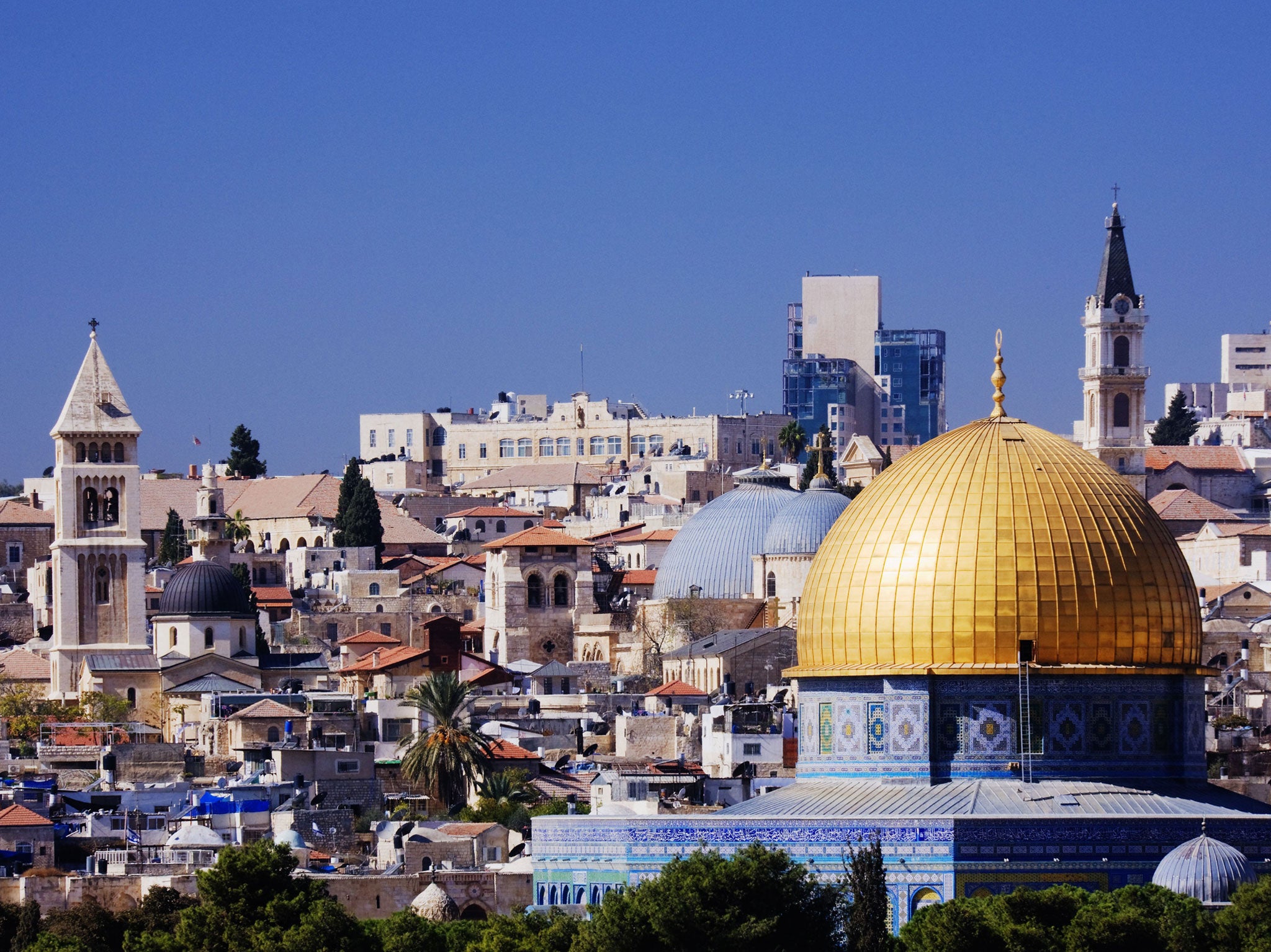With the appointment of Avigdor Lieberman, the Israeli left hangs by a fraying thread
Israelis have grown less supportive of a two-state solution, and the generational difference is stark: teens and millennials are much more right-wing than their parents


Your support helps us to tell the story
From reproductive rights to climate change to Big Tech, The Independent is on the ground when the story is developing. Whether it's investigating the financials of Elon Musk's pro-Trump PAC or producing our latest documentary, 'The A Word', which shines a light on the American women fighting for reproductive rights, we know how important it is to parse out the facts from the messaging.
At such a critical moment in US history, we need reporters on the ground. Your donation allows us to keep sending journalists to speak to both sides of the story.
The Independent is trusted by Americans across the entire political spectrum. And unlike many other quality news outlets, we choose not to lock Americans out of our reporting and analysis with paywalls. We believe quality journalism should be available to everyone, paid for by those who can afford it.
Your support makes all the difference.With Israeli politics, we must be getting past the point of surprise. We’re certainly wearing out our superlatives, because every ushering in of a new Benjamin Netanyahu government, or a coalition reshuffle, is described as the “most right-wing to date”.
So it is with the Israeli Prime Minister’s latest cabinet manoeuvring, by which he has given the ultra-nationalist, ultra-hardline and ultra-polarising Avigdor Lieberman, of the Yisrael Beiteinu party, the role of defence minister.
Netanyahu is no fan of Lieberman – indeed he was sniping about the man mere months ago – but has brought him in to the cabinet to shore up support for his shaky coalition government, thus securing his own position at the top. For Netanyahu, the new defence minister – approved by the cabinet on Monday – is less of a threat on the inside, so the appointment is also an enactment of the adage about keeping your friends close and your enemies closer.
Lieberman, you may recall, proved how antagonising and uncompromising he could be during his tenures as foreign minister, from 2009 to 2012 and again between 2013 and 2015. The man now in charge of the Israeli army and the military occupation of Palestinians in the West Bank is a Jewish settler, wants more settlements expansion, has previously vowed there will never be a Palestinian state (although has more recently made claims – which have been received with scepticism in many quarters – he supports a two-state solution), wants to re-occupy Gaza, urges a transfer of Israel’s Palestinian citizens into the West Bank and has threatened to both assassinate the Hamas leader and blow up Egypt’s Aswan dam.
Oh yes, and he wants to bring in the death penalty for Palestinian terrorists. And that’s just a selection of his choice declarations.
For many commentators outside Israel, and for what remains of the political centre within the country, this is calamitous news – another superlative lurch to the right and another death knell for the peace process. Former Prime Minister Ehud Barak described the move as sowing “the seeds of fascism”. An Israeli veteran military affairs commentator lamented live on air that he could no longer “urge my children to stay here, because it is a place that is not nice to be in”.
But for the tiny, besieged Israeli left – in a country where the term “left-wing” is now virtually synonymous with “traitor” – Netanyahu’s latest self-interested ploy has served to underline, again, the writing that has been on the wall for some time: that the peace process died long ago, and that the logic of the hard-right, revisionist Zionist ideology propelled by Netanyahu creates a momentum that can only move further rightwards.
It is a political climate that the Prime Minister and his settler-nationalist coalition propagate and then reap the rewards of so doing; within such a framework, there is nowhere else for Israeli politics to go. If you need proof of that effect, check the polls. They document how Israelis have grown less supportive of a two-state solution (as have Palestinians), less approving of Palestinians in Israel having equal rights, more racist and hostile to the Palestinian people specifically and Arabs in general.
Or, for anecdotal evidence, chat with Israeli teens or millennials and see how much more right-wing they are compared with their parents. The generational difference is stark.
The Israeli left, or what remains of it, is hanging on the tiny slither of political bandwidth in which it is allowed to operate. That space is being eroded by the Government, which is pushing laws that will silence left-wing human rights groups; a bill requiring leftist organisations to declare sources of foreign funding passed its first Knesset reading in February.
The government is currently busy trying to shut down Breaking the Silence, a group that documents anonymous testimonies of Israeli army abuses in the occupied West Bank and Gaza. Meanwhile, human rights activists and organisations have come under personal attack from right-wing organisations accusing them of treachery and have spoken about media smear campaigns against them. In April, Amnesty International urged the Israeli government to stop intimidating human rights defenders and protect them from attack.
What stands out, though, are the small glimpses of humanity, beacons of decency that show what could be possible. When a young Bedouin man was brutally beaten by police outside his Tel Aviv workplace some weeks ago, a crowd-funding campaign to raise university study funds reached its goal within 12 hours. Hundreds of Israelis donated to the campaign to support the 19-year-old Mayasem Abu Alqian, doubling the funding target. Writing for the Israeli blog +972 Magazine, Michal Rotem, who works for the organisation behind the campaign, pointed out: “This tiny project served as proof for many Arabs and Jews that there is hope out there.”
Set against an overwhelming tide of intolerance, it is tiny. But for many that remain on the left, small stories of hope provide one more reason to keep going.
Join our commenting forum
Join thought-provoking conversations, follow other Independent readers and see their replies
Comments